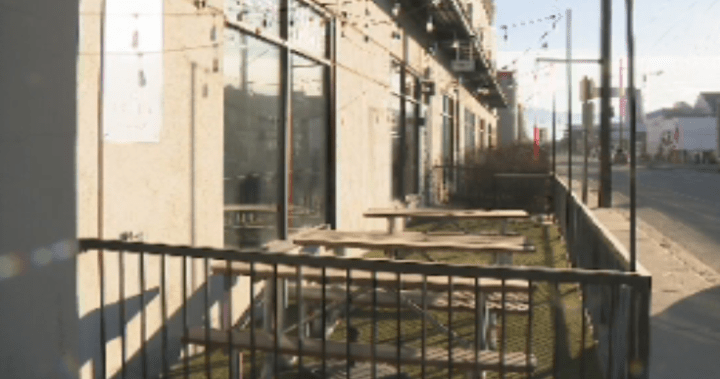The craft brewery industry in Kelowna, British Columbia, experienced a significant downturn in December 2024, marked by the closure of three local breweries within a single month. This cluster of closures, while geographically concentrated, reflects a broader trend of hardship within the craft brewing sector across the province and potentially the country. Several factors have contributed to this industry-wide struggle, including decreased consumer spending, inflated operating costs, and the lingering effects of the COVID-19 pandemic. The closures serve as a stark reminder of the economic challenges facing small businesses in the hospitality sector, prompting calls for government intervention and community support.
The closure of Vice and Virtue Brewing, Kelowna Brewing Company, and Lake Country Brewing in rapid succession sent shockwaves through the local craft beer community. While the concentration of closures within Kelowna was surprising, the underlying issues plaguing the industry were not unexpected. Ken Beattie, executive director of the BC Craft Brewers Guild, pointed to a combination of declining cash flow and escalating prices for essential goods as key contributors to the breweries’ financial struggles. The challenging economic climate, compounded by the traditionally slow sales period of January and February, known as “damp” or “dry” January, further exacerbated the financial strain on breweries already operating on thin margins. The situation raises concerns about the viability of other breweries facing similar pressures, hinting at the possibility of further closures in the near future.
Beyond the specific challenges faced by breweries, the situation reflects a broader economic downturn impacting the hospitality sector as a whole. The lingering effects of the COVID-19 pandemic continue to weigh heavily on businesses, many of which accumulated significant debt during the pandemic to remain afloat. While government grants provided temporary relief, the unprecedented levels of debt taken on by many businesses, coupled with the current economic downturn, has created a perfect storm for the hospitality industry. Jeff Guignard, executive director of the Alliance of Beverage Licensees, highlighted the significant debt burden carried by many businesses in the sector, emphasizing the struggle to recover in the face of declining consumer spending and rising costs. The closure of established businesses like Fixx Cafe, after two decades of operation, further underscores the severity of the economic challenges.
The current economic climate, characterized by inflationary pressures and reduced consumer spending, presents significant challenges for businesses across various sectors, but the hospitality industry appears particularly vulnerable. The combination of high operating costs, reliance on discretionary spending, and the lingering effects of the pandemic-related debt has created a precarious situation for many restaurants, bars, and breweries. This vulnerability is particularly acute for small, independently owned businesses, which often lack the financial reserves or economies of scale to weather economic downturns. The closures in Kelowna serve as a microcosm of the broader challenges facing the hospitality sector, raising concerns about the long-term viability of many businesses in the absence of significant economic recovery or targeted support measures.
Industry representatives are advocating for government intervention to alleviate the pressures on struggling businesses. Specifically, they are calling for a reduction in regulatory burdens and taxes, which they argue add to the already high cost of doing business. Such measures, they believe, could provide much-needed relief and help businesses navigate the current economic challenges. Beyond government action, however, there is also a call for increased community support. Guignard urged consumers to patronize their local establishments, emphasizing the critical role of consumer spending in sustaining local businesses during challenging times. This call for community support highlights the interconnectedness of local economies and the importance of consumer choices in supporting the businesses that contribute to the vibrancy of communities.
The situation in Kelowna’s craft brewery scene provides a stark illustration of the broader economic headwinds facing the hospitality sector. The convergence of factors, including increased operating costs, reduced consumer spending, and the lingering impact of pandemic-related debt, has created a precarious situation for many businesses. The closures serve as a warning sign of potential further closures in the absence of significant economic recovery or targeted interventions. The calls for government support and community action underscore the shared responsibility in navigating these challenges and ensuring the survival of local businesses that contribute to the economic and social fabric of communities. The future of the hospitality sector, and indeed many small businesses, hinges on a combination of policy changes, economic recovery, and sustained community support.

